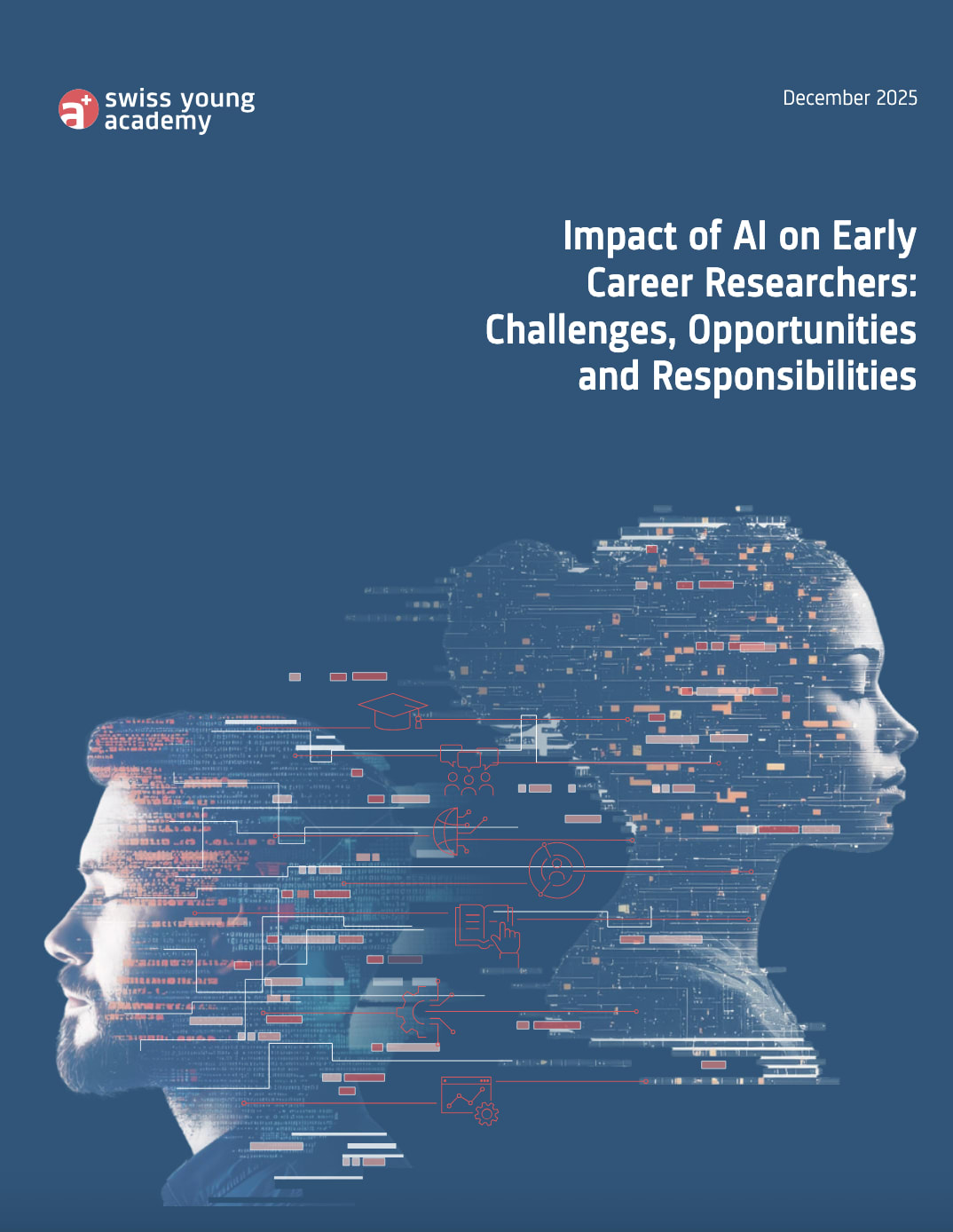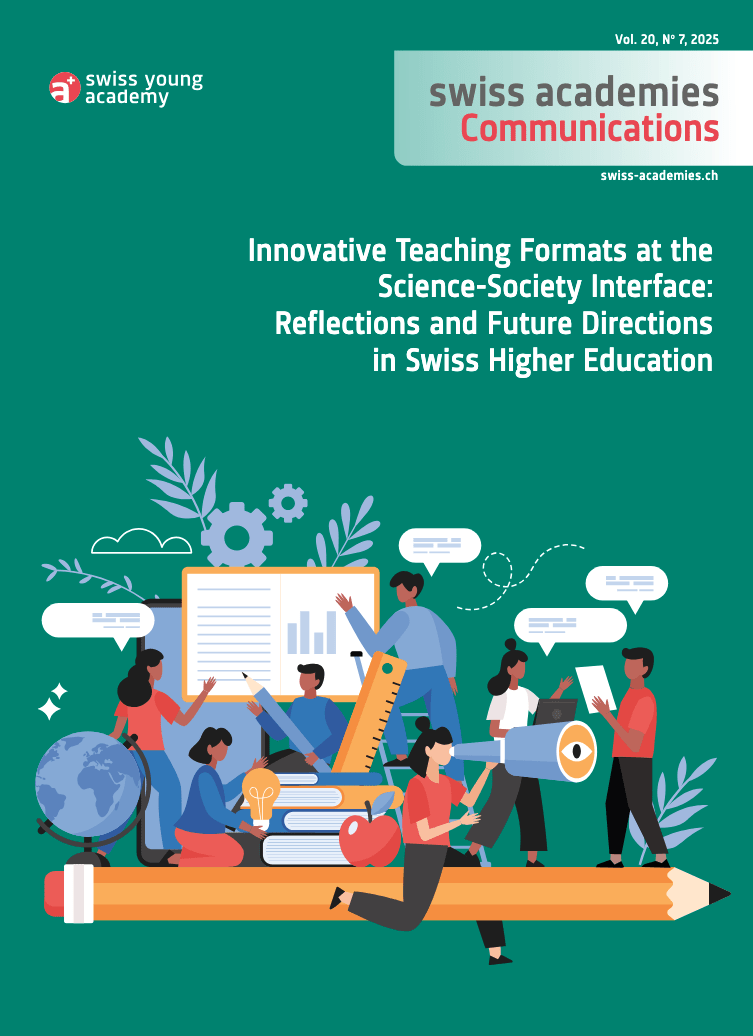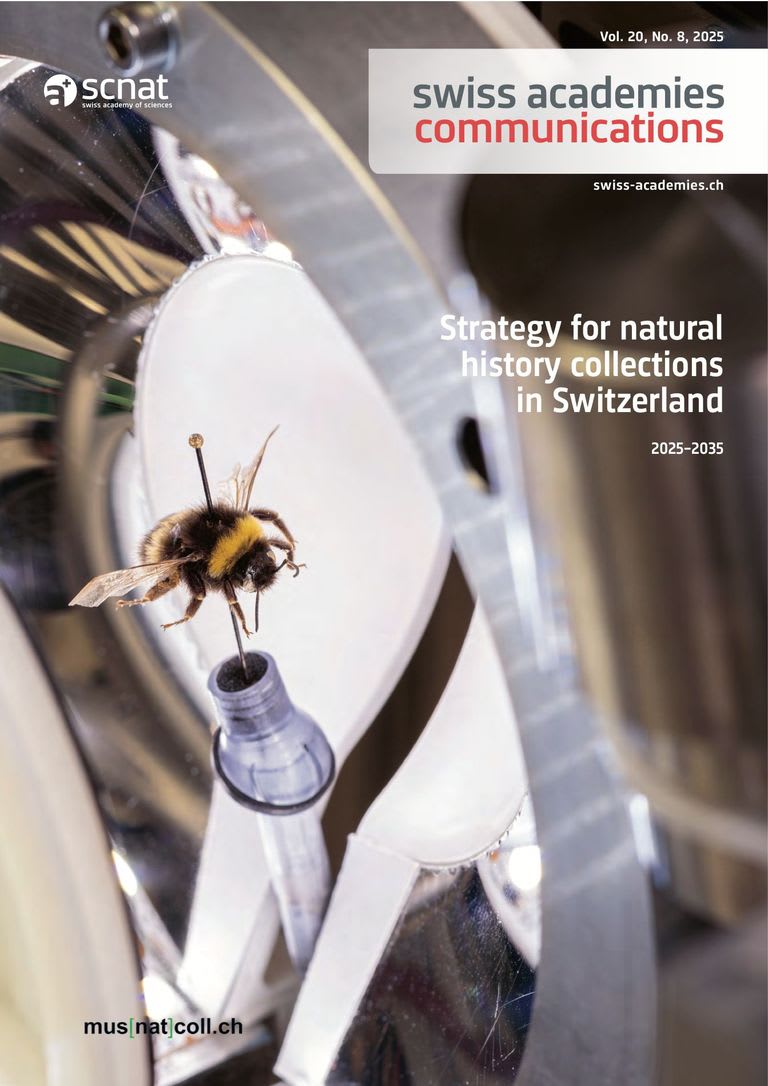Swiss Academy of Humanities and Social Sciences SAHS
All-day childcare and schooling
This report analyses the attitudes of parents in Switzerland regarding all-day childcare, based on data collected from an online panel of 2,161 parents. Providing high-quality childcare is essential for child development, equal educational opportunities, and increasing female participation in the workforce, all of which contribute to Switzerland’s economic sustainability. The analyses presented in this report are based on primary data covering various aspects of general parental attitudes towards all-day schooling, contrasted with specific views on the own family. They differentiated between German- and French-speaking parents to shed more light on potential regional differences.
Duchêne, Cédric, Marieke Heers and Laura Bernardi (2025): All-day childcare and schooling. A survey of parental attitudes in Switzerland, ed. by the Swiss Academy of Humanities and Social Sciences (Swiss Academies Reports 20,1).




